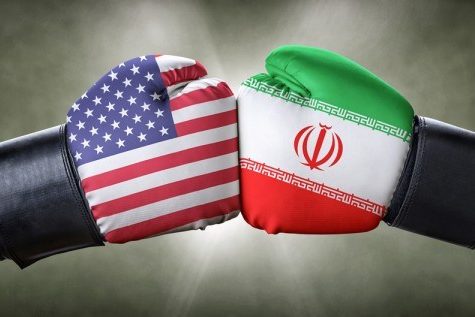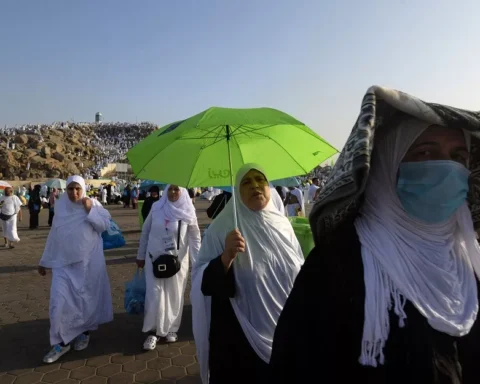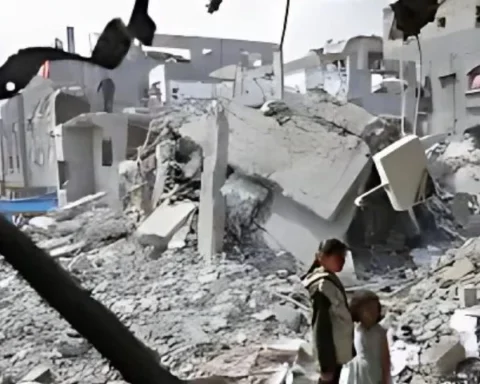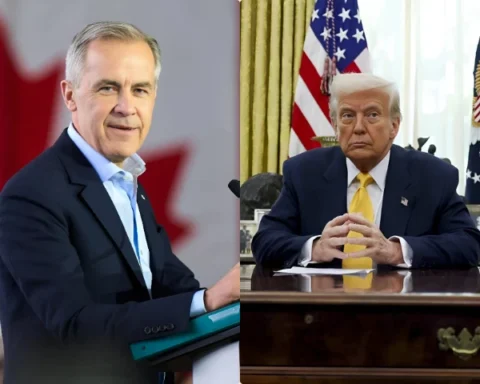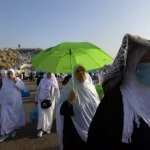U.S. and Iran to Hold Direct Nuclear Talks, Trump Announces
WASHINGTON – In a surprise diplomatic development, President Donald Trump announced Monday that the United States and Iran will begin direct negotiations over Tehran’s nuclear program, with a high-level meeting set for Saturday, April 12.
Key Details:
- Trump’s Statement: During a meeting with Israeli PM Benjamin Netanyahu, Trump revealed that talks had already begun and would continue in a “very big meeting” this weekend.
- Location Unclear: The president did not disclose where the discussions would take place but expressed optimism, saying, “I think everybody agrees that doing a deal would be preferable.”
- Iran’s Initial Resistance: Tehran had previously rejected direct talks under U.S. pressure, with officials insisting they “won’t be bullied” into negotiations.
Background & Stakes:
- 2015 Deal Collapse: Trump withdrew the U.S. from the Iran nuclear deal (JCPOA) in 2018, reimposing crippling sanctions. Iran has since exceeded uranium enrichment limits, raising alarms.
- Recent Tensions: Trump warned of military action if Iran refused talks, while Tehran maintained its nuclear program is peaceful.
- Letter to Khamenei: On March 7, Trump said he sent a message to Supreme Leader Ayatollah Ali Khamenei proposing dialogue—a move Iran initially dismissed.
Why Now?
- U.S. Pressure: Trump’s “maximum pressure” campaign (sanctions, threats) may have forced Iran to the table.
- Iran’s Calculations: Facing economic collapse and regional isolation, Tehran may seek sanctions relief—but won’t concede easily.
- Global Concerns: Western powers fear Iran is closer to a nuclear weapon, while Israel pushes for stricter restrictions.
What’s Next?
- April 12 Meeting: A potential breakthrough or breakdown—if Iran attends, it could signal a major shift.
- Deal or Deadlock: Trump hopes for a new agreement, but Iran may demand sanctions lifting first.
- Regional Fallout: Israel and Gulf allies will closely monitor any U.S.-Iran rapprochement.
Quote:
“We’re dealing with them directly… We’ll see what can happen.”
— Donald Trump
Watch For:
- Iran’s official response (no confirmation yet from Tehran).
- Israeli reaction—Netanyahu has long opposed U.S.-Iran diplomacy.
- Market & oil price shifts if sanctions relief seems possible.
